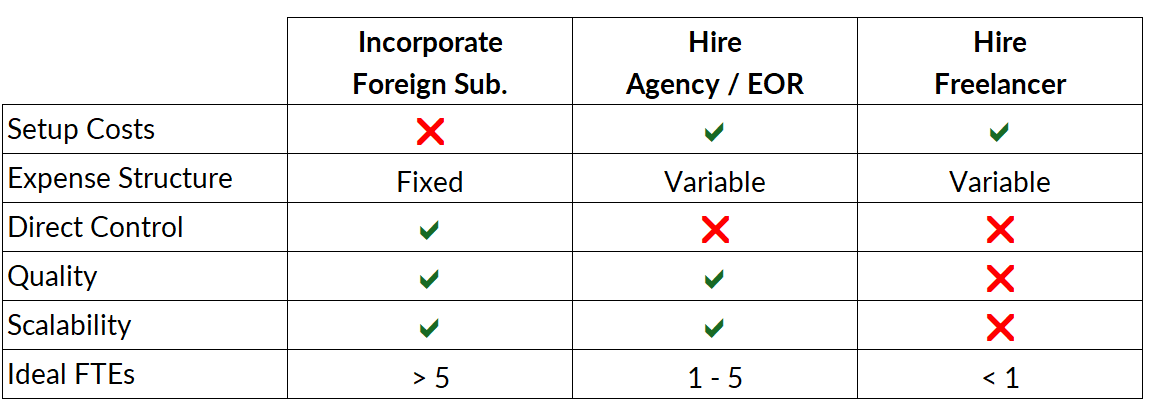
Small Business | Strategy
Strategies to Enhance Your Business’s Fiscal Robustness
November 15, 2023
Navigating the complexities of business finances can be daunting, especially without a financial advisor. Achieving fiscal stability amidst market uncertainties is a top priority for any business owner. Through strategic insights and actionable measures, fortifying your business’s financial resilience is attainable.
What does robust mean in financials?
In the realm of finance, being “robust” is akin to standing firm amidst a storm. More than just asset protection, it denotes resilience against unpredictable market tides, forward-thinking to anticipate challenges, and the agility to adapt as required. But how can one cultivate this robustness?
Avoid profit maximization.
This sounds counterintuitive, but maximizing profits often correlates to maximizing risks. Robust businesses often forego higher profits in exchange for strength and resilience. Rather than maximizing profits, focus on minimizing risks.
Strengthen Your Core Offering to Elevate Sales
Revenue Optimization: Your core offerings are the backbone of your business. Periodically review them, gather client feedback, and constantly innovate to maintain a competitive edge. Check your pricing annually, at minimum, to ensure competitiveness. Continuous improvement and adaptation, based on market trends and customer needs, is the key to revenue optimization.
Quality and Consistency: Quality not only keeps your customers happy but also strengthens cost containment by avoiding discounts, refunds, and rework. Regular training for staff, updating equipment, or refining processes can ensure your core remains strong.
Avoid shiny objects: Developing new products or services is expensive and risky. Be strategic, focused, and intentional about R&D cost containment to avoid betting the company on one initiative.
Schedule Time for Future Planning
Putting out fires is important, but so is fire-proofing your future business. Without a regiment of routine planning, you may spend all your time addressing urgent issues and fall behind competition. At minimum, we recommend the following planning meetings:
1-hour weekly individual strategic planning
Monthly management discussion of business fiscal strategies
Quarterly strategy and goal setting
Annual budgeting and multi-year planning
4. Efficient Cash Flow is Key
Prompt Collections: Allowing AR to age is one of the most common fiscal mistakes businesses make. A routine collections process is inexpensive risk management for any business.
Manage Payables Wisely: Negotiate favorable terms with suppliers to effectively manage payables. Know which suppliers tolerate late payments and which do not. Pay vendors quickly during good times so you have goodwill to draw down during the downturn.
Emergency Reserves: Best-in-class business fiscal strategies include emergency cash cushion for unforeseen challenges. This can either be cash or a business line of credit (LOC), but make sure you understand your LOC covenants so the bank cannot kill the line during distress when you need it most.
5. Smart Debt Management
Stay Informed on APRs: Variable rates beware – the Federal Reserve’s activity may raise your interest expense before you notice.
Pay Down High-Cost Debts: Few business fiscal strategies are successful using high-cost debt. Pay down credit cards, merchant cash advances, and other high-interest notes to reduce monthly debt service.
These are just a few key steps to crafting financial resilience enough to weather challenges and agile enough to seize emergent opportunities.
Looking for strategies customized to your business? Schedule a consultation with our team to see if we can help.
This article was written by a CFOshare employee with assistance from generative AI for rhetoric, grammar, and editing. The ideas presented are a combination of the author’s expertise, original ideas, and industry best practices.
Related Articles
Ready to Elevate Your Finances?
Need more specific advice? Schedule a consultation





